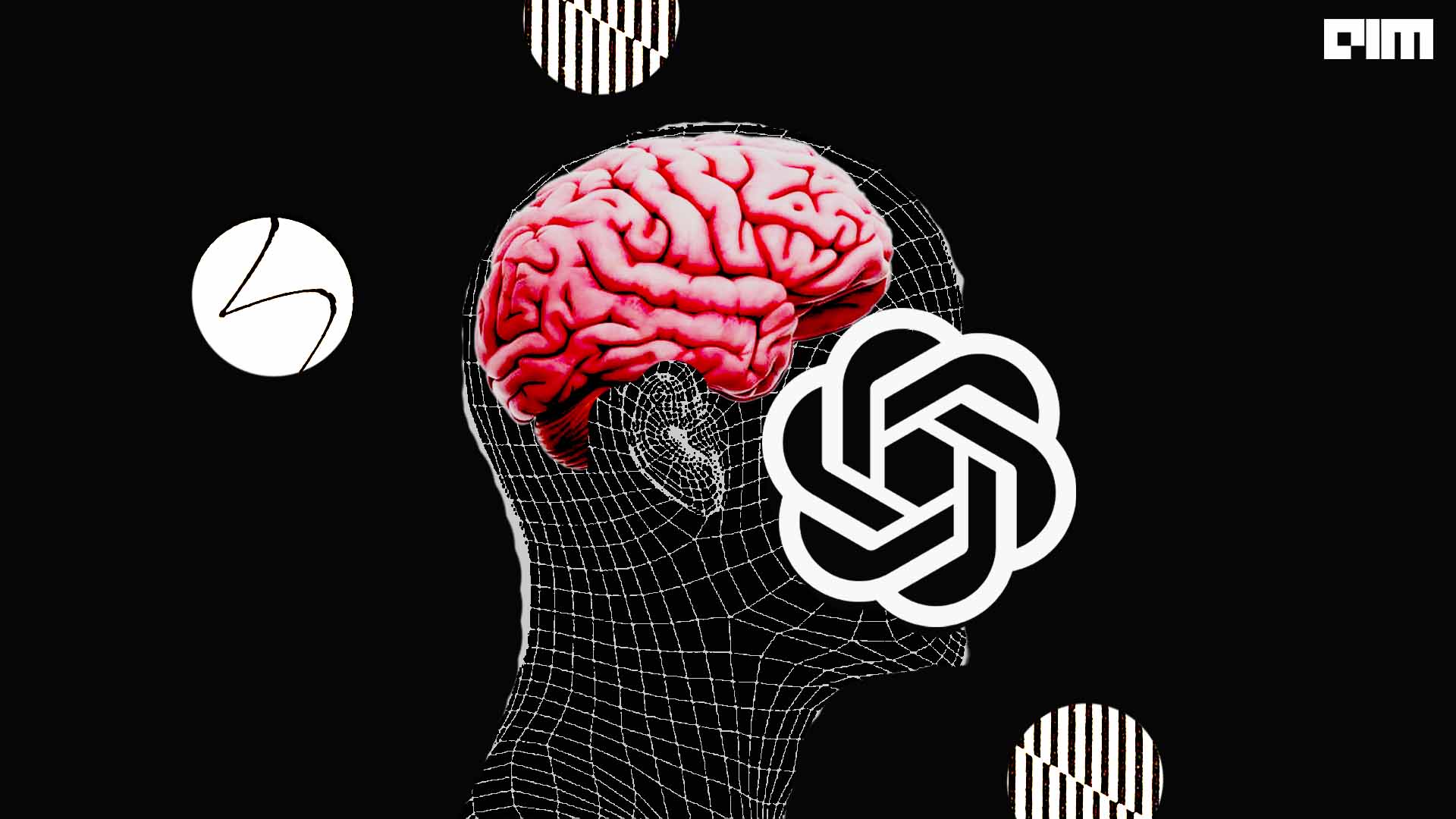The OpenAI drama ends. The real action begins with the company secretly working on Q* (possibly based on Q-learning), but there is another interesting technique which is OpenAI’s all time favourite — PPO (short for proximal policy optimisation).
OpenAI’s VP product Peter Welinder recently posted on X “Everyone reading up on Q-learning. Just wait until they hear about PPO.”
Disclaimer
We strive to uphold the highest ethical standards in all of our reporting and coverage. We StartupNews.fyi want to be transparent with our readers about any potential conflicts of interest that may arise in our work. It’s possible that some of the investors we feature may have connections to other businesses, including competitors or companies we write about. However, we want to assure our readers that this will not have any impact on the integrity or impartiality of our reporting. We are committed to delivering accurate, unbiased news and information to our audience, and we will continue to uphold our ethics and principles in all of our work. Thank you for your trust and support.



![[CITYPNG.COM]White Google Play PlayStore Logo – 1500×1500](https://startupnews.fyi/wp-content/uploads/2025/08/CITYPNG.COMWhite-Google-Play-PlayStore-Logo-1500x1500-1-630x630.png)